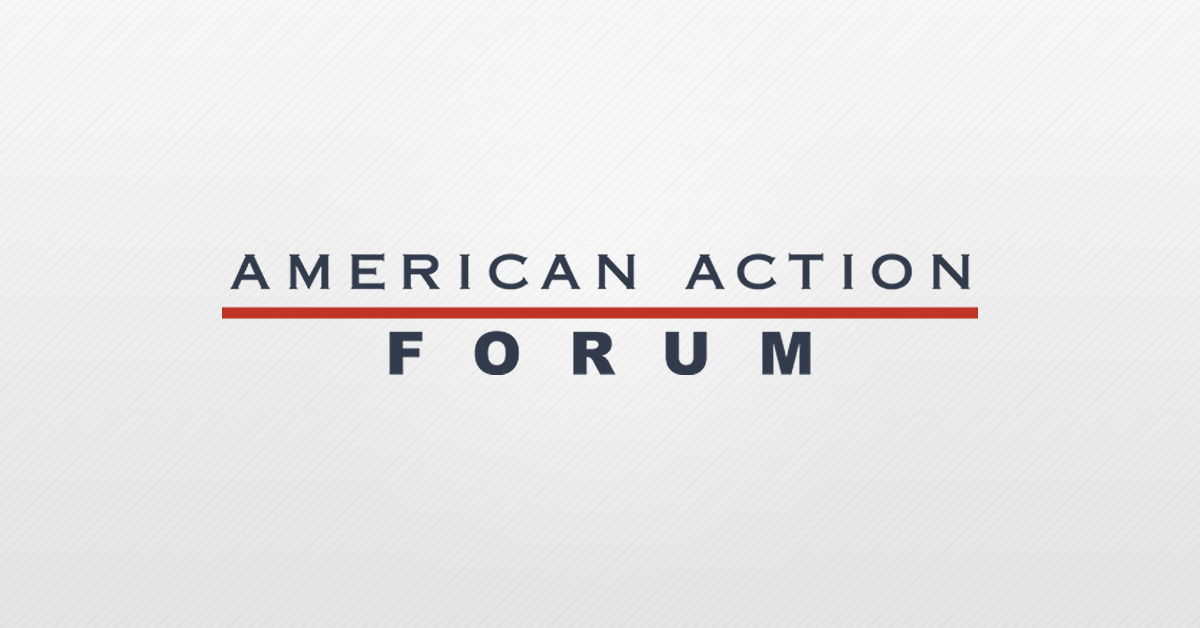Two recent rulings held that training artificial intelligence (AI) on copyrighted material qualifies as fair use and, for the first time, characterized this practice as “highly transformative” – a key factor in fair use analysis – strengthening the legal case for fair use. In a new insight, Technology and Innovation Policy Analyst Angela Luna explains why, despite this win for AI developers, the courts’ still-inconclusive rulings on the issue will require Congress to weigh in on the matter.
She concludes:
It appears that, for now, the debates on copyright will focus on the market effects of AI inputs and outputs, as well as on questions of data provenance. How courts will handle fair use in the context of both AI inputs and outputs remains uncertain. Appeals of these rulings are expected, and new lawsuits are almost certain to emerge. As Congress considers whether to step in, to successfully mitigate these challenges, legislation must reconcile these divergent judicial approaches on market harm and piracy to ensure both meaningful protection for creators and opportunity for AI innovation, moving the industry beyond today’s fragmented legal landscape.
